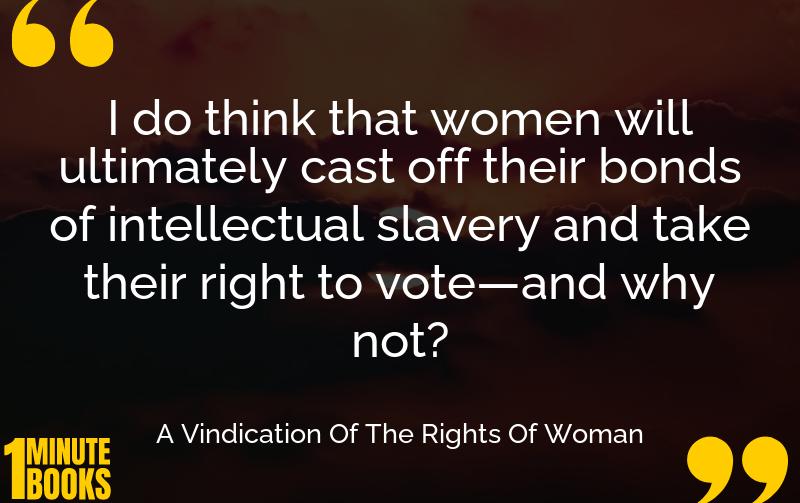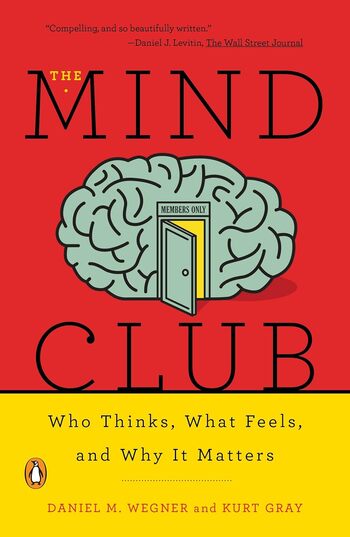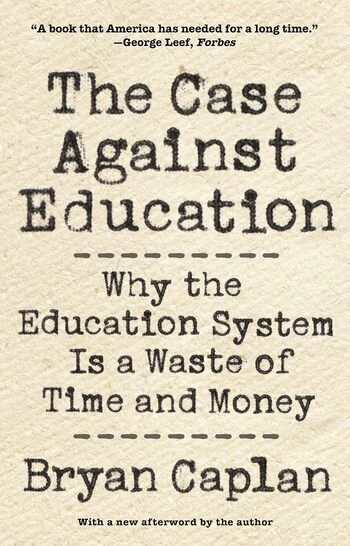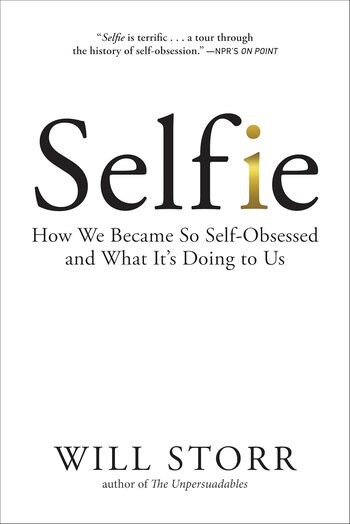
Mary Wollstonecraft’s pivotal work argues for women’s equal education, dismantling societal views that relegated them to mere ornaments for men’s pleasures. She lays groundwork for feminist thought, urging intellectual empowerment.
Main Lessons
- Women are fully rational beings deserving of the same education as men.
- An educated woman can be an equal partner in marriage and improve family life.
- The current education system reinforces societal oppression of women.
- Traditional gender roles limit women’s potential and should be challenged.
- Intellectual growth is essential for women to escape societal infantilization.
- Critiques the notion that women’s education is solely to make them attractive to men.
- Women can contribute as full members of society if given equal opportunities.
- Personal virtue is as important as intellectual development for women.
- Physical strength should not define societal roles; intellectual capacities should.
- Women should not mimic men; they should embrace reason and virtue.
- Society would benefit from women participating equally in all sectors.
- The book challenges famous male philosophers of the time, like Rousseau and Gregory.
- Predicts a future where women are active in government and leadership roles.
- Encourages women to embrace their humanity and cast off restrictive societal expectations.
- The work inspired later feminist movements despite initial criticism.








